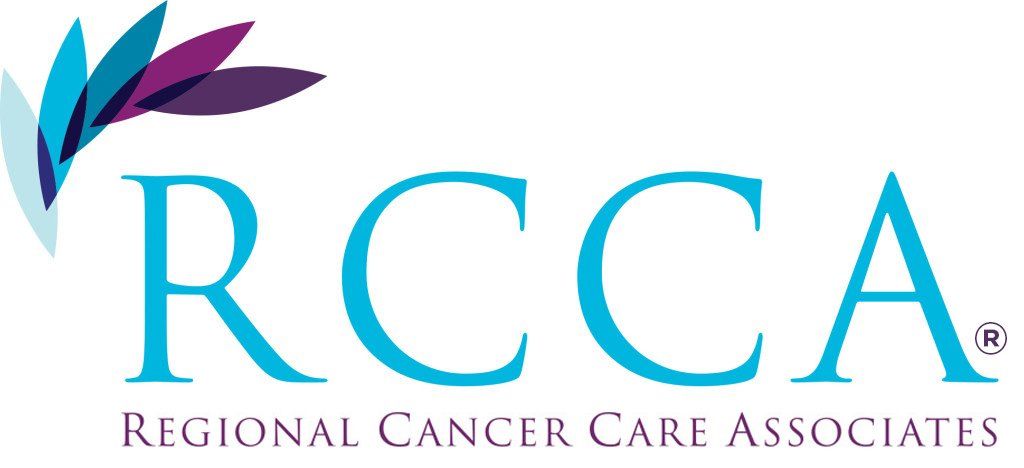
COA Creates Standing Committee on Humanitarian Aid

The frequency of global crises such as hurricanes, war, and the pandemic makes a standing committee necessary.
The Community Oncology Alliance (COA) has launched a new standing Humanitarian Aid Committee, which will coordinate aid for those affected by war, natural disasters, and other crises. The group’s first effort will be supporting 4 medical charities that are assisting those affected by the war in Ukraine: Americares, Direct Relief, Doctors Without Borders, and International Medical Corps. A webpage for the committee can be
A statement from COA released Monday says that although the group’s mission is based in the United States, “the greater oncology community has a responsibility to act and engage on a global scale during times of crisis.” COA has worked with other groups on hurricane relief efforts and on the global effort to keep patients safe during the COVID-19 pandemic.
The frequency of such events makes a standing committee necessary, the group said.
“Cancer isn’t localized to one country or region of the world, and it certainly doesn’t become less important during times of crisis,” said Mark Thompson, MD, COA’s medical director of public policy. “As people are displaced and seek shelter, it’s our responsibility to help them continue treatment. Cancer doesn’t stop during an emergency. COA’s mission to fight cancer doesn’t either.”
The Humanitarian Aid Committee will include both volunteers and staff. Current members include:
- Stephen “Fred” Divers, MD, Genesis Cancer & Blood Institute and American Oncology Network
- Nicolas Ferreyros, Community Oncology Alliance
- Lucio Gordan, MD, Florida Cancer Specialists & Research Institute
- Rich Ingram, MD, Shenandoah Oncology
- Drew Lovejoy, Community Oncology Alliance
- Alti Rahman, MHA, MBA, CSSBB, Oncology Consultants
- Fred Schnell, MD, FACP, Cancer Center of Middle Georgia; and COA chief medical officer
- Iuliana Shapira, MD, Regional Cancer Care Associates
- Mark Thompson, MD, COA medical director of Public Policy
- Emily Touloukian, DO, Coastal Cancer Center
Newsletter
Stay ahead of policy, cost, and value—subscribe to AJMC for expert insights at the intersection of clinical care and health economics.









